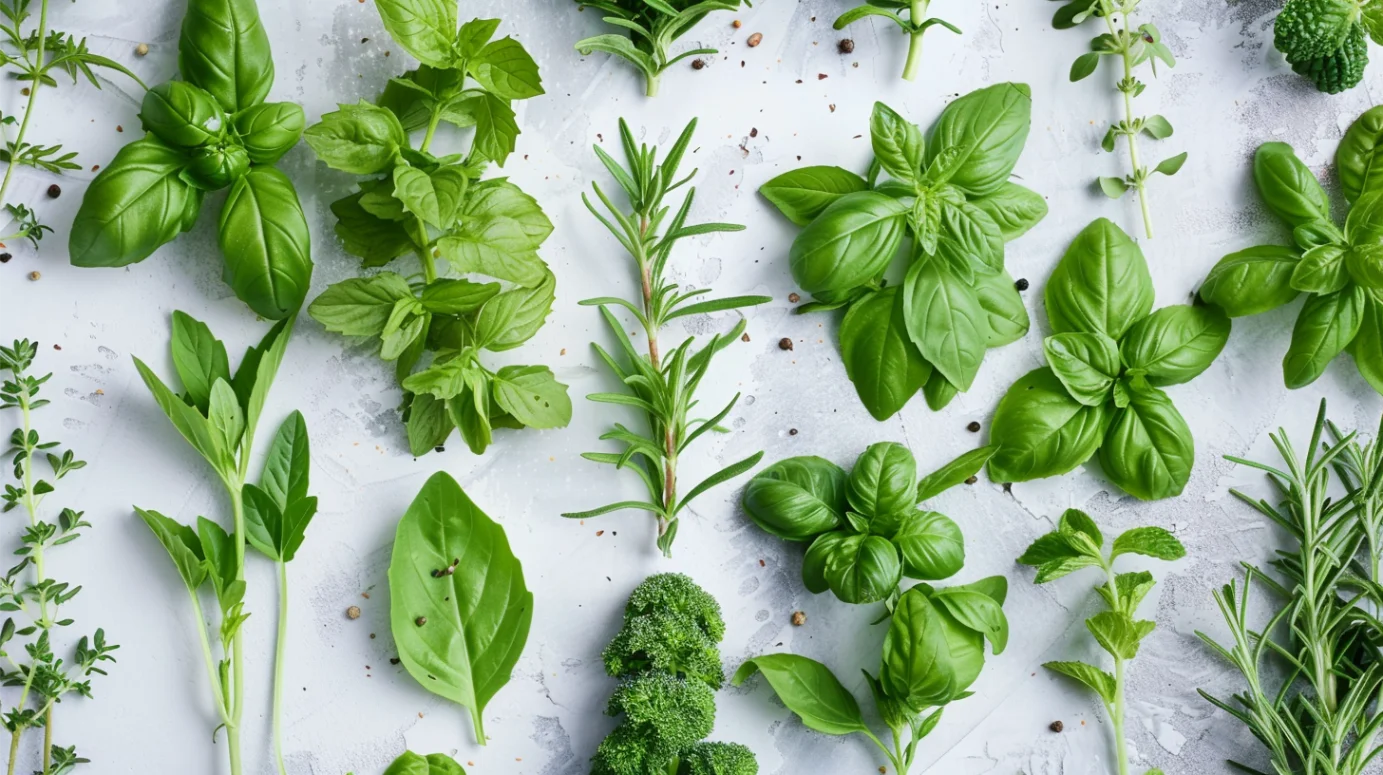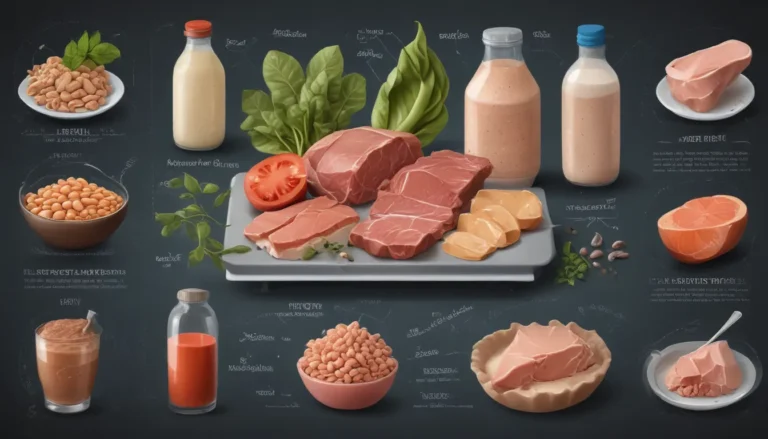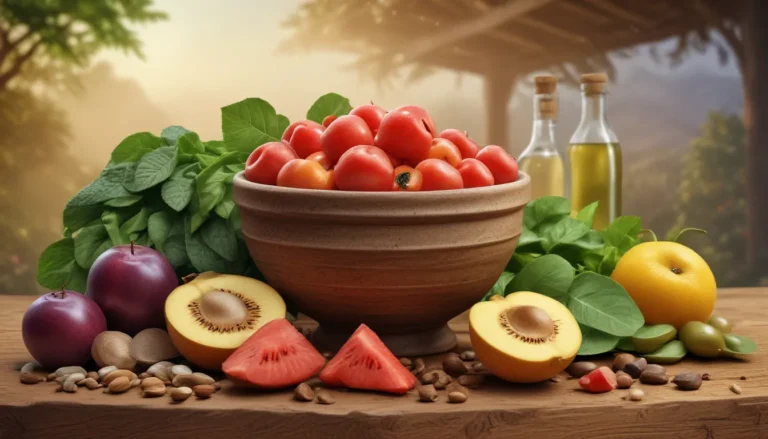The pictures in our articles might not always show exactly what the text is talking about. We use these images to make the article more interesting and eye-catching. They are there to add to the text, but not to replace it or show every detail.
Introduction
Herbs have been an integral part of human culture for centuries, offering a diverse array of flavors, aromas, and benefits. These versatile plants have captivated our senses and enhanced our lives in countless ways. From their culinary applications to their medicinal properties, herbs continue to play a significant role in our daily routines.
In this article, we'll explore ten fascinating facts about herbs that will deepen your appreciation for these botanical wonders. Whether you're a cooking enthusiast, a health-conscious individual, or simply curious about nature's bounty, you're sure to discover something new and exciting about these remarkable plants.
Key Takeaways
- Herbs offer a wide range of culinary, medicinal, and aromatic benefits
- Growing herbs at home is easy and rewarding
- Many herbs possess natural healing properties
- Herbs can enhance flavor without adding calories
- Herbal teas provide relaxation and health benefits
Now, let's dive into the world of herbs and uncover some intriguing facts that will expand your knowledge and inspire you to incorporate these natural wonders into your daily life.
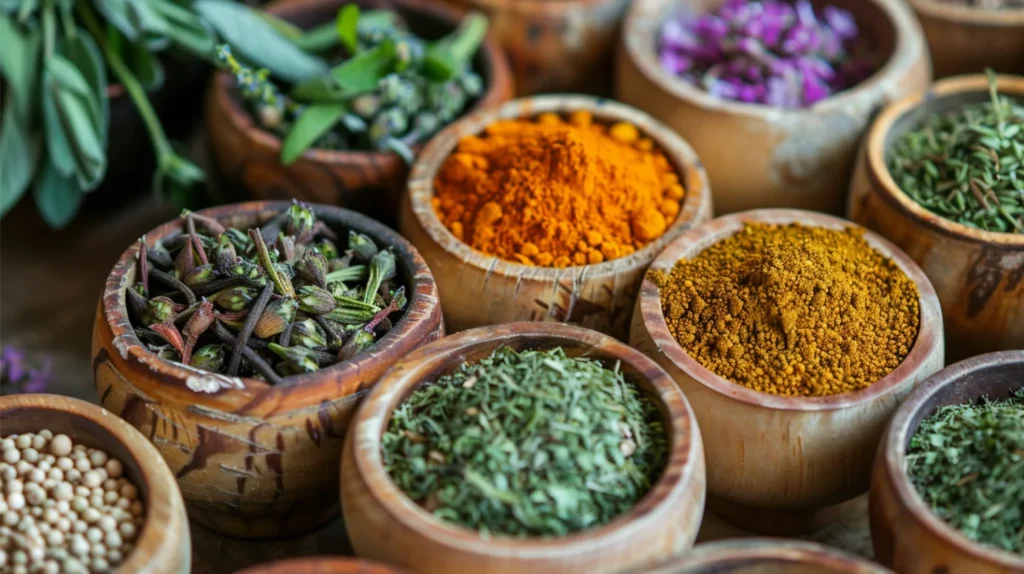
1. Herbs: More Than Just Culinary Delights
When most people think of herbs, they immediately associate them with cooking. While it's true that herbs play a crucial role in enhancing the flavors of our favorite dishes, their uses extend far beyond the kitchen. Herbs have a rich history of being utilized for various purposes, including:
- Medicinal treatments
- Aromatherapy
- Ornamental gardening
- Religious and cultural rituals
This versatility makes herbs truly remarkable plants that have stood the test of time. By understanding the diverse applications of herbs, we can fully appreciate their significance in our lives and explore new ways to incorporate them into our daily routines.
2. Nutrient-Packed Powerhouses
Herbs are not just flavor enhancers; they're also packed with essential nutrients that can contribute to our overall health and well-being. These small but mighty plants are rich in:
- Vitamins
- Minerals
- Antioxidants
By incorporating herbs into our diets, we can boost our immune systems and promote better health. For example, parsley is an excellent source of vitamin C, while basil provides a good amount of vitamin K. Thyme is rich in iron, and oregano contains high levels of antioxidants.
3. The Diverse World of Herbs
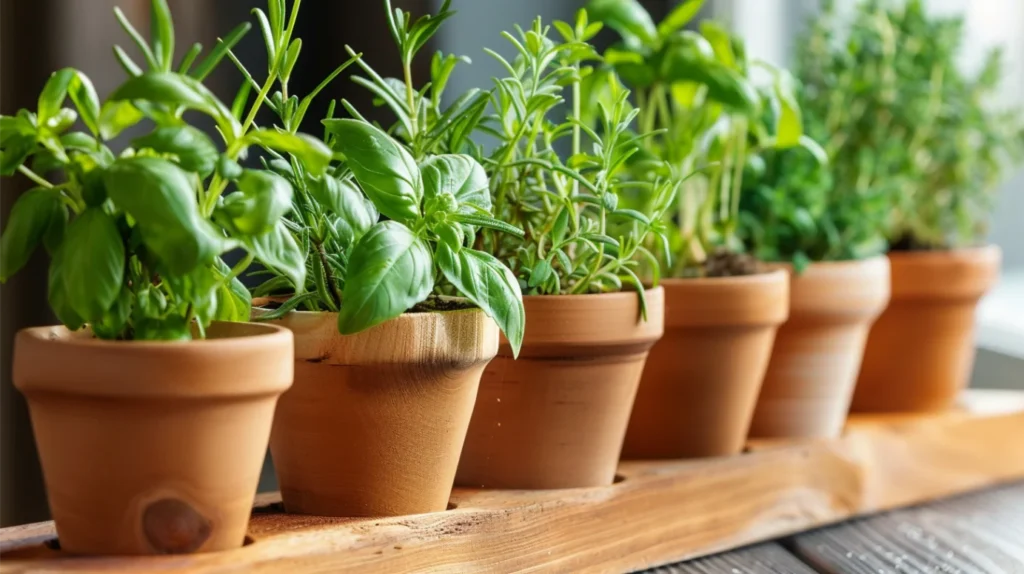
Herbs come in a wide variety of types, each with its own unique characteristics and uses. Understanding these categories can help us make better choices when using herbs for different purposes. The main categories of herbs include:
- Culinary herbs: Used primarily for cooking and flavoring dishes (e.g., basil, thyme, rosemary)
- Medicinal herbs: Known for their healing properties (e.g., chamomile, echinacea, ginger)
- Aromatic herbs: Prized for their fragrant qualities (e.g., lavender, peppermint, lemongrass)
- Ornamental herbs: Grown for their aesthetic appeal in gardens (e.g., sage, chives, nasturtium)
By exploring these different categories, we can gain a deeper appreciation for the versatility of herbs and discover new ways to incorporate them into our lives.
4. Easy Home Cultivation
One of the most fascinating aspects of herbs is how easy they are to grow at home. Even if you don't have a green thumb or a large outdoor space, you can still enjoy the benefits of fresh herbs. Here are some reasons why growing herbs at home is a great idea:
- Minimal space required: Many herbs can thrive in small pots on windowsills or balconies
- Low maintenance: Most herbs are hardy plants that require minimal care
- Cost-effective: Growing your own herbs can save money compared to buying them from stores
- Fresh and flavorful: Home-grown herbs offer superior taste and aroma
Whether you're an experienced gardener or a complete novice, cultivating herbs at home can be a rewarding and enjoyable experience that connects you with nature.
5. Natural Healing Properties
Throughout history, herbs have been valued for their medicinal properties. Many traditional healing practices rely on the power of herbs to treat various ailments and promote overall wellness. Some popular herbs known for their healing properties include:
- Chamomile: Known for its calming effects and ability to aid sleep
- Peppermint: Used to soothe digestive issues and relieve headaches
- Echinacea: Believed to boost the immune system and fight off colds
- Ginger: Effective in reducing nausea and inflammation
While it's important to consult with a healthcare professional before using herbs for medicinal purposes, understanding their potential benefits can help us make informed decisions about our health and well-being.
6. Flavor Enhancement Without Calories
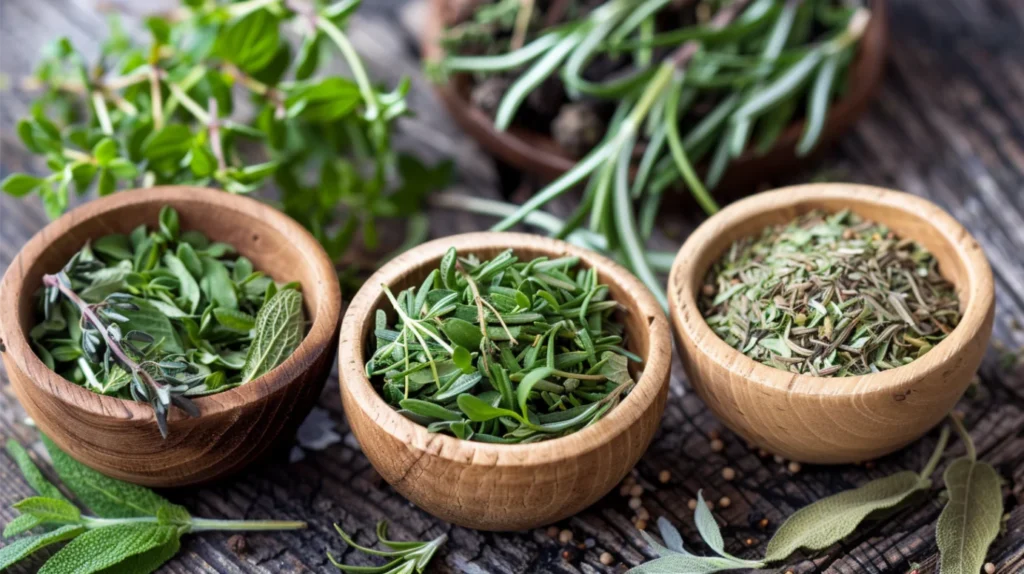
In today's health-conscious world, finding ways to enhance flavor without adding extra calories is a valuable skill. Herbs offer a perfect solution to this dilemma. By incorporating herbs into our cooking, we can:
- Add depth and complexity to dishes without relying on high-calorie ingredients
- Reduce the need for salt and unhealthy fats
- Create exciting and diverse flavor profiles in our meals
- Experiment with new taste combinations
This calorie-free flavor enhancement makes herbs an excellent choice for those looking to maintain a healthy diet without sacrificing taste.
7. Natural Antimicrobial Properties
Some herbs possess natural antimicrobial properties, making them valuable allies in our quest for better health. These herbs can help combat harmful bacteria and support our immune systems. Notable examples include:
- Garlic: Known for its potent antibacterial and antifungal properties
- Oregano: Contains compounds that can fight off various pathogens
- Thyme: Effective against certain types of bacteria and fungi
Incorporating these herbs into our diets can provide an extra layer of protection against harmful microorganisms and support our overall health.
8. The Art of Herbal Tea
Herbal teas have been enjoyed for centuries, not only for their delightful flavors but also for their potential health benefits. These caffeine-free infusions offer a soothing and relaxing alternative to traditional teas and coffee. Some popular herbal teas and their benefits include:
- Chamomile tea: Promotes relaxation and better sleep
- Peppermint tea: Aids digestion and relieves tension headaches
- Ginger tea: Helps with nausea and supports immune function
- Lemon balm tea: Reduces stress and anxiety
Exploring the world of herbal teas can be a delightful journey of discovery, offering new flavors and potential health benefits with each cup.
9. Herbs in Natural Skincare
The benefits of herbs extend beyond internal use; many herbs are excellent for skincare applications. Natural skincare enthusiasts have long recognized the power of herbs in nourishing and rejuvenating the skin. Some herbs commonly used in skincare include:
- Aloe vera: Known for its soothing and moisturizing properties
- Lavender: Helps calm irritated skin and promotes relaxation
- Calendula: Possesses anti-inflammatory and healing properties
- Rosemary: Stimulates circulation and tones the skin
By incorporating herbs into our skincare routines, we can harness the power of nature to achieve healthier, more radiant skin.
10. Cultural and Symbolic Significance
Herbs have played important roles in various cultures throughout history, often carrying deep symbolic meanings. Understanding these cultural connections can deepen our appreciation for herbs and their significance in human society. Some examples include:
- Sage: Used in many Native American purification rituals
- Rosemary: Symbolizes remembrance and loyalty in European traditions
- Basil: Considered sacred in Hindu culture and associated with the god Vishnu
- Thyme: Symbolized courage to ancient Greeks and was given to warriors
Exploring the cultural significance of herbs can provide fascinating insights into human history and the enduring relationship between people and plants.
Conclusion
As we've discovered through these ten fascinating facts, herbs are much more than simple plants used for cooking. They offer a wealth of benefits, from enhancing our health and well-being to providing natural solutions for skincare and home remedies. The versatility and importance of herbs in our lives cannot be overstated.
By incorporating herbs into our daily routines, whether through cooking, brewing herbal teas, or growing them at home, we can tap into the incredible potential of these natural wonders. As we continue to learn about and appreciate herbs, we open ourselves up to a world of flavors, aromas, and benefits that have been cherished by cultures around the globe for centuries.
So the next time you sprinkle some basil on your pasta or sip a soothing cup of chamomile tea, take a moment to reflect on the rich history and remarkable properties of these humble yet powerful plants. Embrace the herbal lifestyle and discover the many ways these botanical treasures can enrich your life.
